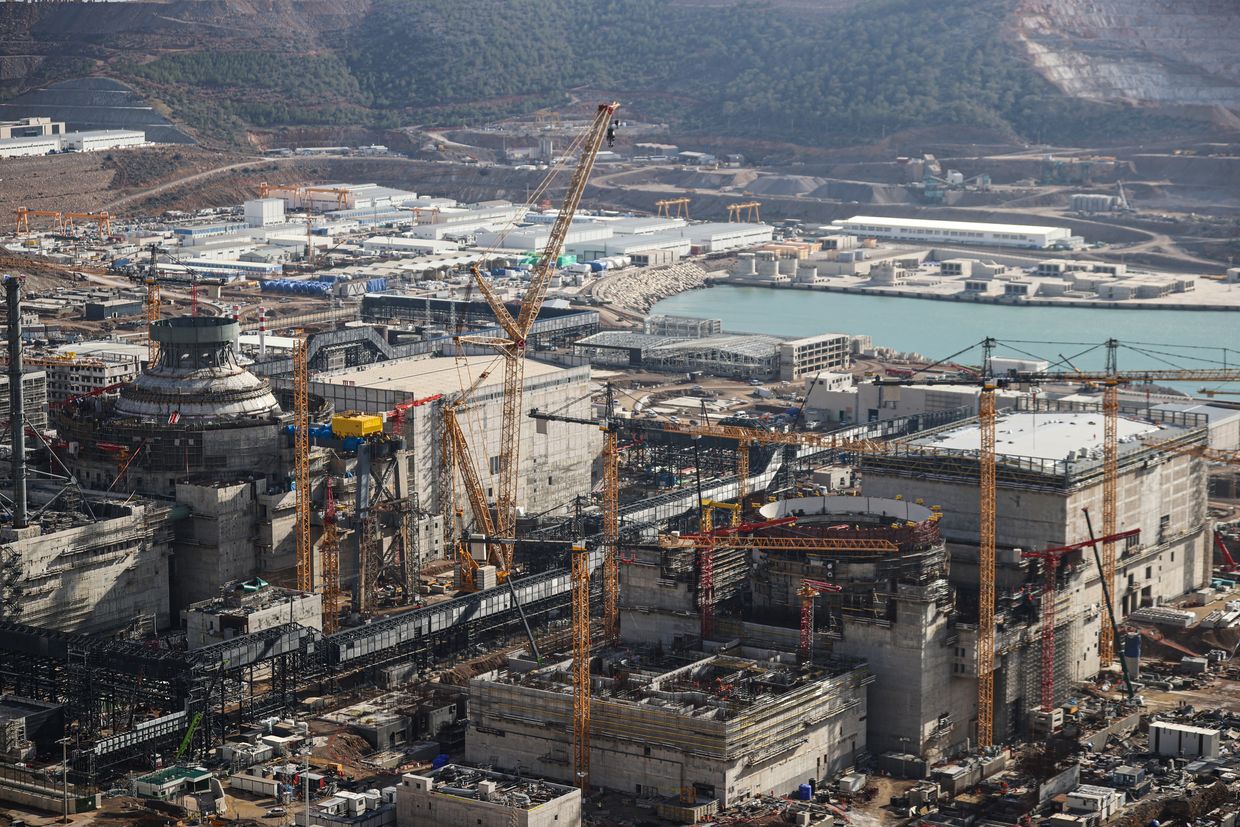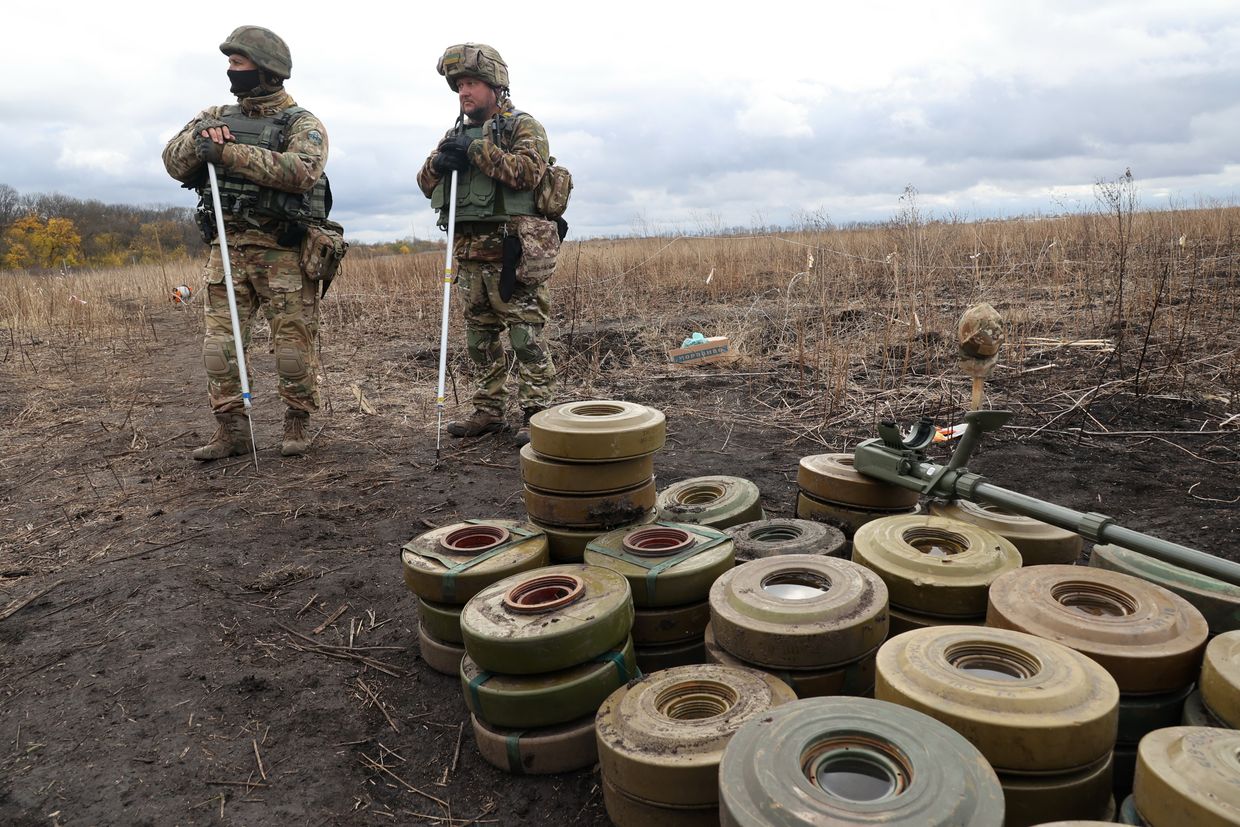Jack Smith’s Legal Team Fires Back Against Ethics Complaint

© Doug Mills/The New York Times


© Doug Mills/The New York Times


Thousands of lives at stake. In a column for The Washington Post, Head of the Ukrainian Presidential Office Andrii Yermak asserted that this week, US political will could bring end to Russia’s war — by targeting its energy and financial lifelines.
Yermak called for immediate and forceful sanctions against Russia, stressing that US President Donald Trump’s recent ultimatum, reducing the window for a peace deal from 50 to 10 days, was a clear and powerful message to the Kremlin.
“These signals need to be followed up with decisive action for the war to end,” Yermak said, emphasizing Ukraine’s support for Trump’s firm stance on peace through strength — “the only language Putin understands.”
Yermak detailed a series of urgent sanctions Ukraine is calling for:
“The tools to stop Russia exist. What is needed is the political will to use them with precision and force,” Yermak stated.
He highlighted the urgent need for targeted pressure, noting that the global community has the levers to stop the Kremlin’s military machine but only if wielded with precision and bold leadership.
Yermak praised Trump’s move to raise tariffs on India for buying Russian oil, calling it “a great first step” that caused panic in Moscow, and stressed that more must follow.
He also voiced support for the bipartisan bill by Senators Lindsey Graham and Richard Blumenthal, which would impose secondary sanctions on third-country firms aiding Russia’s war economy.
“Thousands of lives depend on the success of what follows,” Yermak concluded.


Russian nuclear giant Rosatom is negotiating the sale of a 49% stake in Turkey's Akkuyu Nuclear Power Plant project, estimated at $25 billion, Bloomberg reported on July 1.
The project is a cornerstone of Russian-Turkish energy cooperation. The Akkuyu plant, located in Mersin Province, is poised to become Turkey's first nuclear power facility.
The 4.8-gigawatt project is expected to begin supplying electricity in 2026, Anton Dedusenko, chairman of the board at Rosatom's Turkish subsidiary, told Bloomberg.
"The closer we are to the first unit generating electricity, the more investors start coming," Dedusenko said on the sidelines of the Nuclear Power Plants Expo & Summit in Istanbul.
A previous sale attempt in 2018 collapsed over commercial disagreements. This time, financing is complicated by the threat of U.S. sanctions, prompting Moscow and Ankara to consider alternative payment mechanisms.
"There are many ways how to deliver money here. We can deliver the Russian rubles, the Turkish lira," Dedusenko said.
Despite its NATO membership, Turkey has maintained open diplomatic and economic ties with Russia throughout the full-scale war against Ukraine, while continuing to supply aid to Kyiv and host international mediation efforts.
 The Kyiv IndependentDaria Shulzhenko
The Kyiv IndependentDaria Shulzhenko